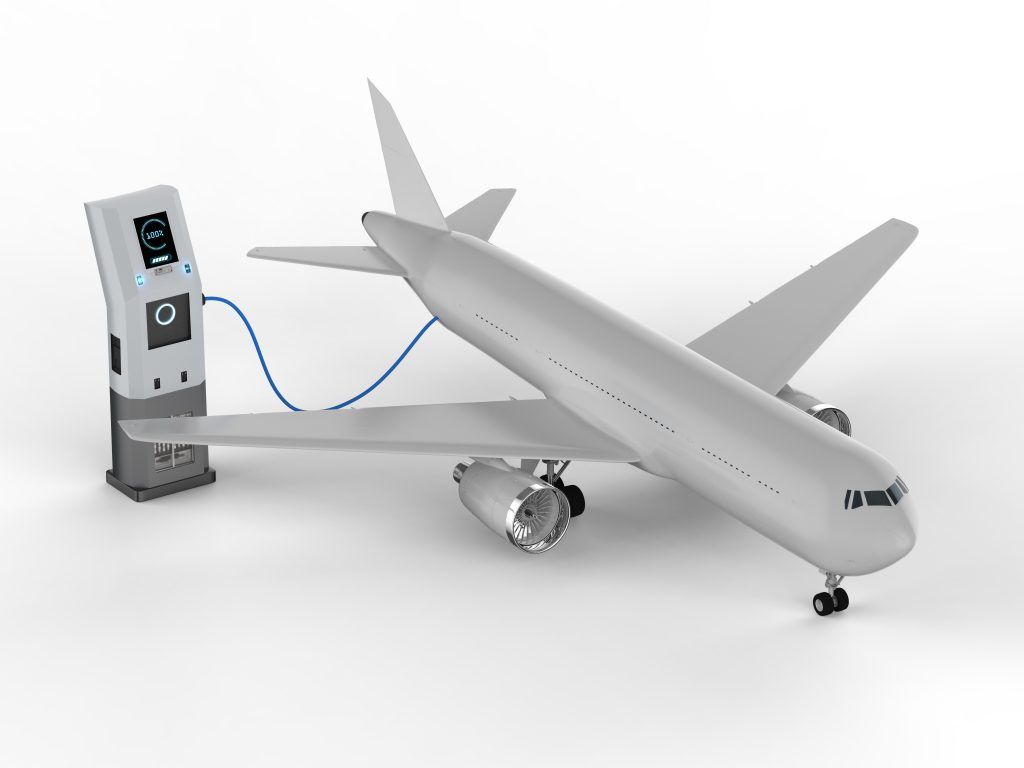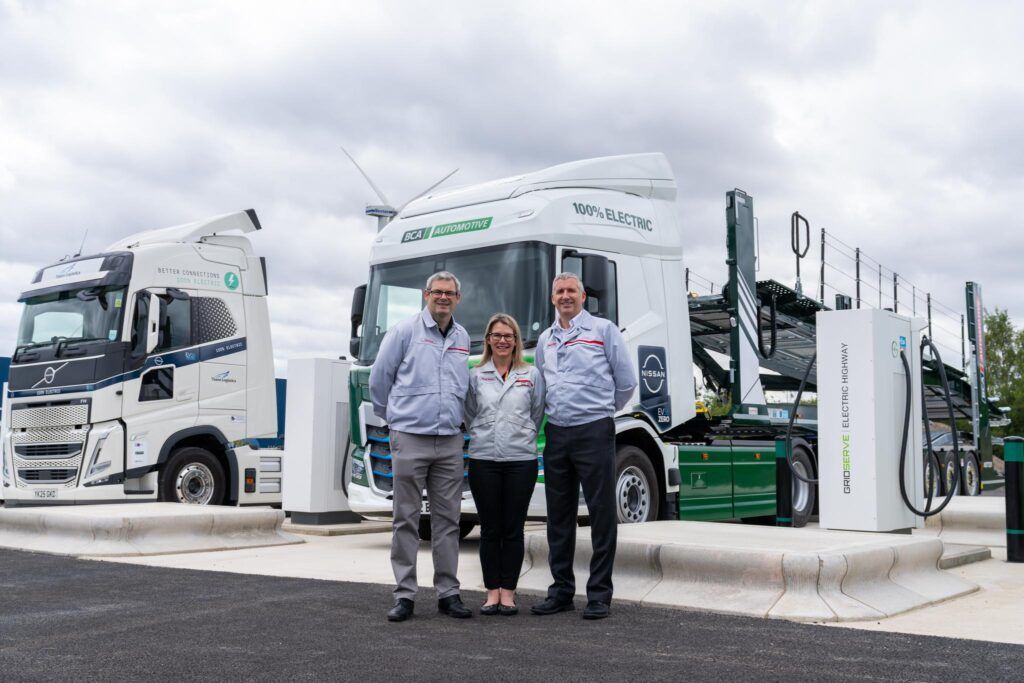Ministers and aviation chiefs have revealed an action plan for the next two years as part of its Jet Zero by 2050 plans – and responded to the Philip New report on Sustainable Aviation Fuels.
The Jet Zero Council met at Farnborough Airport today (17 April) and assessed its two-year plan with a commitment to speed up the design, manufacture and roll-out of zero emission aircraft and infrastructure at UK airports.
The UK Government aims to decarbonise aviation faster than any other G7 country with the plan setting out how the Council will help to accelerate the production of Sustainable Aviation Fuels (SAF) by investing millions of pounds in SAF plants, supporting scientific research on a larger scale, and helping to drive down production costs.
New report
The news comes as the Philip New report, Developing a UK SAF industry, sets out a number of recommendations to help stimulate SAF production in the UK. The independent evaluation – commissioned by the Department for Transport – assesses what conditions are necessary to create a successful UK SAF industry.
In its response, the Government detailed the work underway to meet many of the recommendations, whilst highlighting what additional action could be taken to drive further investment in UK SAF production. A £165 million Advanced Fuel Fund is also kickstarting production, with five projects already chosen to receive funding.
But the Government also said it “recognises that many investors are looking for longer-term revenue certainty that the SAF mandate will not provide” and is looking at “options for additional revenue certainty for a UK SAF industry.”
Farnborough Airport also played host to the Sustainable Skies World Summit with Transport Secretary Mark Harper delivering a keynote speech, stressing the importance of the partnership between government, industry and academia in the international challenge to reaching Jet Zero.
Transport Secretary Mark Harper said: “This Government is a determined partner to the aviation industry – helping accelerate new technology and fuels, modernise their operations, and work internationally to remove barriers to progress.
“Together, we can set aviation up for success, continue harnessing its huge social and economic benefits, and ensure it remains a core part of the UK’s sustainable economic future.”
Accelerate progress
Emma Gilthorpe, Jet Zero Council CEO, said: “The Two-Year Plan published today, building on recent government commitments to secure demand for SAF in the UK, will ensure we continue to accelerate progress and achieve the Jet Zero Council’s objectives of delivering 10% SAF in the UK fuel mix by 2030 and zero emission transatlantic flight within a generation.”
Secretary of State for Energy Security and Net Zero Grant Shapps said: “Boosting investment in sustainable aviation fuels is at the heart of these plans today, marking a landmark step in spearheading the technologies that will keep passengers flying guilt-free.”
Business and Trade Minister Nusrat Ghani said: “There is no time to waste in creating a sustainable, decarbonised aviation sector fit for the future. By working in partnership with industry, we are determined to accelerate the development of innovative zero emission technology and secure the long-term success of our vital UK manufacturing sector and its global exports.”
Image courtesy of Shutterstock.















